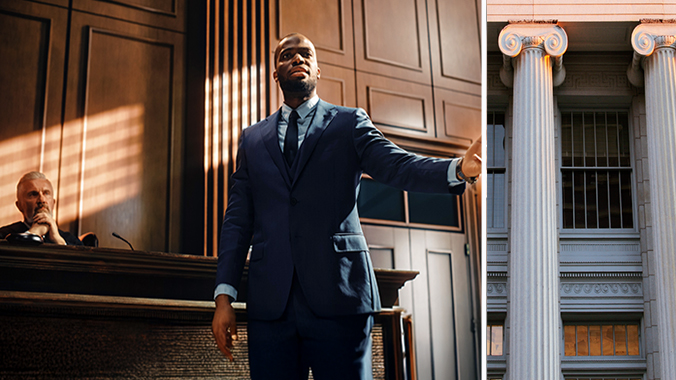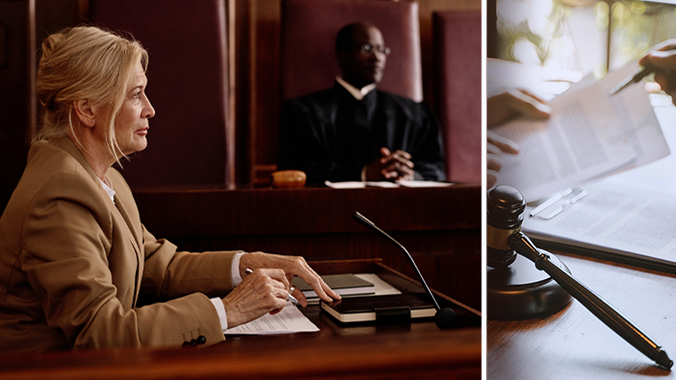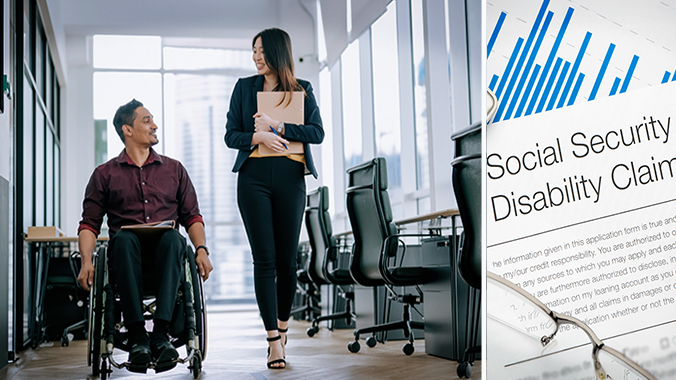The Litigator’s Guide to Evidentiary Objections and Ethical Advocacy: When to Raise Them, How to Preserve the Record, and What to Avoid
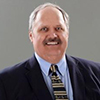

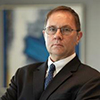
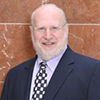
3 hour CLE
Get this course, plus over 1,000+ live webinars.
Learn More
Program Summary
Session I - Evidentiary Objections and Record Preservation - Ronald J. Rychlak, Richard D. Friedman and Robert Neary
This session provides a practical synopsis of the foundational rules and strategic considerations every litigator should master when making or responding to evidentiary objections. The panel will discuss common issues surrounding relevance, hearsay, witness qualifications, and techniques for effectively preserving the record for appeal. Drawing on practical examples and references to the Federal Rules of Evidence, the discussion will offer guidance applicable in both trial and pretrial settings.
Key topics to be discussed:
- Laying the foundation for real evidence
- Recognizing and dealing with hearsay
- Dealing with opinion testimony
- Balancing probative value and prejudicial impact
- Resolving difficult authentication issues
- Objections at deposition
- In limine objections and motions
- Continuing objections
- Proper form for objections and offers of proof
- Common mistakes during discovery that create evidentiary problems
Session II - Ethical Boundaries and Obligations Associated with Courtroom Objections, Evidentiary Challenges and Attorney Conduct - Arthur D. Burger
A litigator’s strategy in connection with discovery and evidentiary issues for trial often revolves around the applicable procedural rules and rules of evidence. However, the litigator that fails to give due regard in their strategy to the potential impact of the ethical rules does so at their peril. This session will focus on identifying potential ethical hazards associated with evidentiary issues and discuss how to prepare for and/or address these issues when they arise in discovery and at trial.
Key topics to be discussed:
- Ensuring compliance with discovery obligations and confronting spoliation issues
- Protecting privileged communications, including handling inadvertent production of privileged material
- Ethical considerations in witness preparation
- Handling concerns regarding potentially false testimony or fraudulent documents
- " Speaking Objections " during depositions and during trial
- Prohibition on lawyers asserting personal views
This course is co-sponsored with myLawCLE.
Date / Time: November 24, 2025
- 1:00 pm – 4:20 pm Eastern
- 12:00 pm – 3:20 pm Central
- 11:00 am – 2:20 pm Mountain
- 10:00 am – 1:20 pm Pacific
![]() Closed-captioning available
Closed-captioning available
Speakers
 Prof. Ronald J. Rychlak | University of Mississippi School of Law
Prof. Ronald J. Rychlak | University of Mississippi School of Law
Ronald J. Rychlak, Distinguished University Professor and Jamie L. Whitten Chair in Law and Government, has been on the law school faculty since 1987. In 2019 he received the university’s highest research and publication recognition, the “Distinguished Research and Creative Achievement Award” based upon his reputation for scholarly activity and leadership roles in professional societies. In 2023, he received the Algernon Sydney Sullivan Award, the University’s highest award in honor of service, for “placing service to others and the community before oneself, while embodying the qualities of honesty, morality, ethics, integrity, responsibility, determination, courage, and compassion.” In 2024, he was voted “Outstanding Law Professor” by the student body.
For thirteen years, Ron served as the law school’s Associate Dean for Academic Affairs, and since 2007 he has served as the university’s Faculty Athletic Representative and chair of the University’s standing committee on Intercollegiate Athletics. Since 2000, he has served as legal advisor to the Holy See’s mission to the United Nations. He is secretary of the Executive Committee of the Southeastern Conference and serves on the Standing University Committee on Athletic Compliance, which he chaired for almost 10 years.
Ron is a graduate of Wabash College (BA 1980, cum laude) and Vanderbilt University School of Law (JD 1983, Order of the Coif). Prior to joining the faculty, he practiced law with Jenner & Block in Chicago and served as a clerk to Judge Harry Wellford of the U.S. Sixth Circuit Court of Appeals. He is the past-president of the Southeastern Association of Law Schools, chair of the Mississippi Advisory Committee to the U.S. Civil Rights Commission, and a member of the Mississippi Supreme Court’s Criminal Law Reform Committee. He serves on editorial boards of The Gaming Law Review and Cluny Media. He also serves on advisory boards for Ave Maria Law School, the Catholic League for Religious and Civil Rights, The Catholic Bar Association, and the Society of Catholic Social Scientists. He is a member of the Order of Merlin Shield in the International Brotherhood of Magicians.
Ron is the author, co-author, or editor of twelve books and over 100 articles. The Congregation for the Causes of Saints at the Vatican called his book, Hitler, the War, and the Pope “definitive” in its response to charges made against the leader of the Catholic Church during World War II. He has been published in Notre Dame Law Review, UCLA Law Review, The Washington Post, The Wall Street Journal, and numerous other periodicals and journals. Media appearances include CNN, ABC, Fox News, National Geographic TV; The Military Channel; PBS radio; Coast to Coast with George Noory; C-SPAN; and more.
 Richard D. Friedman | University of Michigan Law School
Richard D. Friedman | University of Michigan Law School
Richard D. Friedman is the Alene and Allan F. Smith Professor of Law and an expert on evidence and US Supreme Court history. He also is one of a few scholars developing a new field that examines sports and games as legal systems.
Friedman is the general editor of The New Wigmore, a multivolume treatise on evidence. His textbook, The Elements of Evidence, is now in its fourth edition, and he is coauthor of Park & Friedman’s Evidence: Cases and Materials, now in its 13th edition, Constitutional Law: Cases and Materials (with Julian Mortenson), and The Jurisprudence of Sport: Sports and Games as Legal Systems (with Mitchell Berman). He also has written many law review articles and essays.
In Crawford v. Washington, 541 U.S. 36 (2004), the US Supreme Court radically transformed the law governing the right of an accused to “be confronted with the witnesses against him” by adopting a “testimonial” approach, which Friedman had long advocated. He now maintains the Confrontation Blog to comment on related issues and developments, and he has successfully argued two follow-up cases, Hammon v. Indiana and Briscoe v. Virginia, in the Supreme Court.
After his clerkship, Friedman practiced law in New York City. He joined the Michigan Law faculty in 1988 from Cardozo Law School. He is a 2010 recipient of the Patriot Award from the Washtenaw County Bar Association and the 2023 recipient of the John Henry Wigmore Award for Lifetime Achievement, presented by the Association of American Law Schools.
 Robert Neary | Kozyak Tropin & Throckmorton
Robert Neary | Kozyak Tropin & Throckmorton
Robert Neary is a distinguished attorney with extensive experience in complex commercial litigation, class action lawsuits, antitrust law, ERISA, product liability, and consumer protection, among other areas. He represents both plaintiffs and defendants in a diverse array of cases, practicing in both state and federal courts, including trial experience in nationwide class action litigation. Robert’s litigation experience runs the gamut and includes a lead role on over twenty successful nationwide class actions against major mortgage lenders and servicers involving their force-placed insurance practices; representing patients in ERISA litigation against health insurers over the denial of life-saving cancer treatments; representing consumers in vehicle defect cases; nationwide antitrust matters involving algorithmic pricing; representing businesses in breach of contract and tortious interference litigation; and representing a former NFL player against various financial brokers before the Financial Industry Regulatory Authority (FINRA) arbitration panel. Robert’s experience allows him to skillfully navigate the complexities of large-scale disputes, ensuring that the rights and interests of his clients are vigorously prosecuted or defended.
With a reputation for excellence in the legal community, Robert has successfully represented clients in high-stakes disputes and is respected by both colleagues and opposing counsel for his legal judgement and litigation strategy and his keen understanding of the intricacies of the law. His commitment to the legal profession extends beyond the courtroom, as he actively participates in Florida Bar and the American Bar Association committees.
Robert regularly shares his insights and expertise as a speaker on various CLE panels, contributing to the ongoing education of his peers. Additionally, he has authored several publications on a wide range of legal topics, demonstrating his thought leadership and dedication to the advancement of legal knowledge. Robert is a contributing author of the Class Action Strategy & Practice Guide (Elizabeth J. Cabraser & Jocelyn D. Larkin eds., American Bar Association 2d ed. 2025), a perennial bestseller publication of the American Bar Association.
With a client-focused approach and a track record of success, Robert Neary is a formidable advocate, navigating the complexities of the law with skill and integrity, ensuring that his clients’ rights and interests are thoroughly represented.
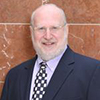 Arthur D. Burger | Jackson & Campbell, P.C.
Arthur D. Burger | Jackson & Campbell, P.C.
Mr. Burger is a national leader in legal ethics, legal malpractice, and the law governing lawyers. He has been representing prominent law firms and lawyers for over two decades. Selected repeatedly as a Best Lawyer® in Ethics and Professional Responsibility by Best Lawyers of America© and as a Super Lawyer® in Professional Liability Defense, Art litigates in the areas of legal malpractice, fiduciary duties, motions to disqualify, internal law firm disputes, and Bar disciplinary proceedings. He also serves as outside counsel to law firms and provides guidance regarding potential conflicts of interest and other ethical dilemmas.
In addition to his experience as a practitioner, Art has a deep background in the jurisprudence of ethics law. He was a member of the Editorial Board of the ABA/Bloomberg Law-Lawyers’ Manual on Professional Conduct and is an Adjunct Professor at the Antonin Scalia Law School of George Mason University, teaching a night class in Professional Responsibility. He was a member of the ten-person American Bar Association (ABA) Committee on Ethics and Professional Responsibility from 2014 to 2017; an elected District of Columbia Bar Delegate to the ABA House of Delegates from 2011 to 2012, where he worked with the ABA Ethics 20/20 Commission; a member of the District of Columbia Bar Legal Ethics Committee from 2003 to 2009; a member of the District of Columbia Bar Rules of Professional Conduct Review Committee from 1998 to 2004; and he has taught numerous District of Columbia Bar continuing legal education courses (CLE) on legal ethics and has lectured around the country.
Art also serves as an expert witness on legal ethics and the standard of care for lawyers. In Diamond Resorts vs. Newton Group Transfers, LLC, 2022 WL 1642865 (S.D. Fla. 2022), the court found him “more than qualified to give his expert opinion in matters of legal ethics.”
Agenda
Session I – Evidentiary Objections and Record Preservation | 1:00pm – 3:10pm
- Laying the foundation for real evidence
- Recognizing and dealing with hearsay
- Dealing with opinion testimony
- Balancing probative value and prejudicial impact
- Resolving difficult authentication issues
Break | 2:00pm – 2:10pm
- Objections at deposition
- In limine objections and motions
- Continuing objections
- Proper form for objections and offers of proof
- Common mistakes during discovery that create evidentiary problems
Break | 3:10pm – 3:20pm
Session II – Ethical Boundaries and Obligations Associated with Courtroom Objections, Evidentiary Challenges and Attorney Conduct | 3:20pm – 4:20pm
- Ensuring compliance with discovery obligations and confronting spoliation issues
- Protecting privileged communications, including handling inadvertent production of privileged material
- Ethical considerations in witness preparation
- Handling concerns regarding potentially false testimony or fraudulent documents
- ” Speaking Objections ” during depositions and during trial
- Prohibition on lawyers asserting personal views
Preview
More CLE Webinars
Trending CLE Webinars


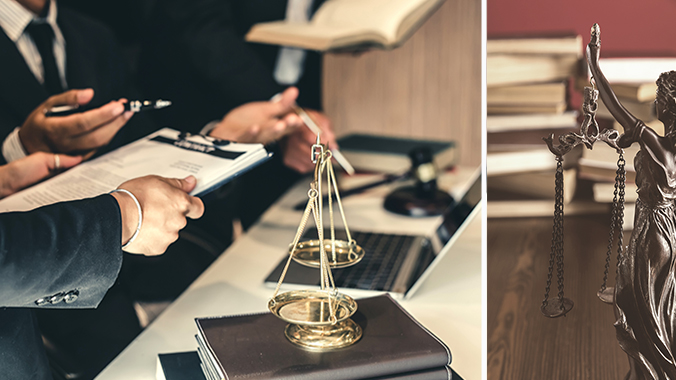

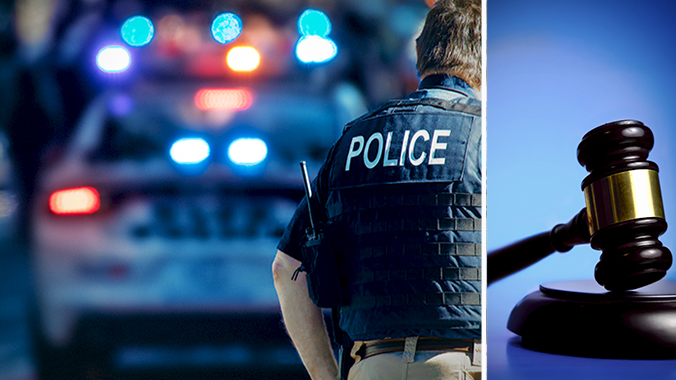
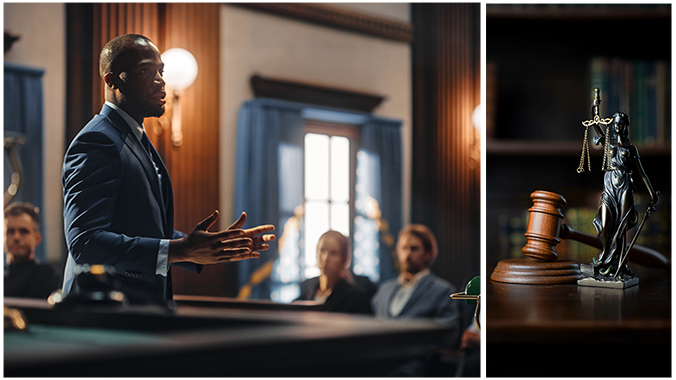
Upcoming CLE Webinars





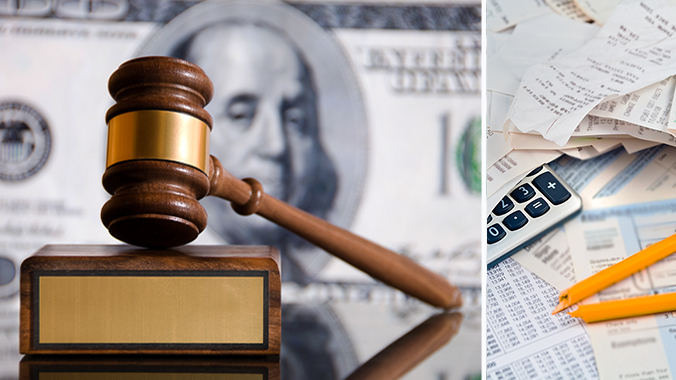


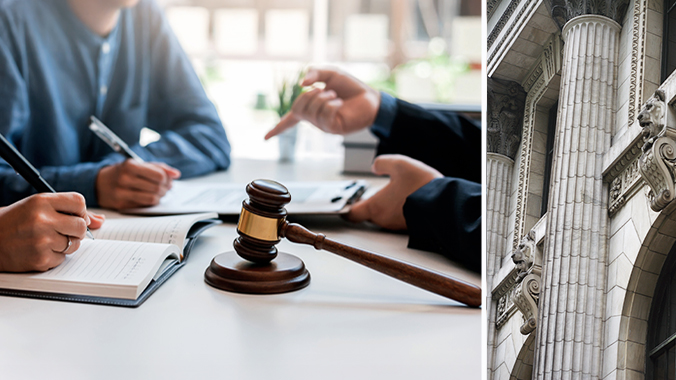
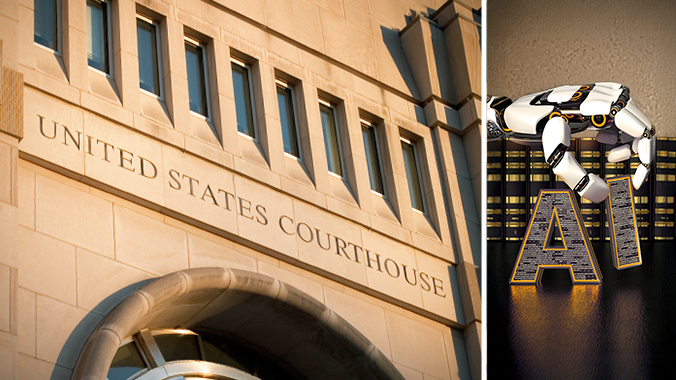




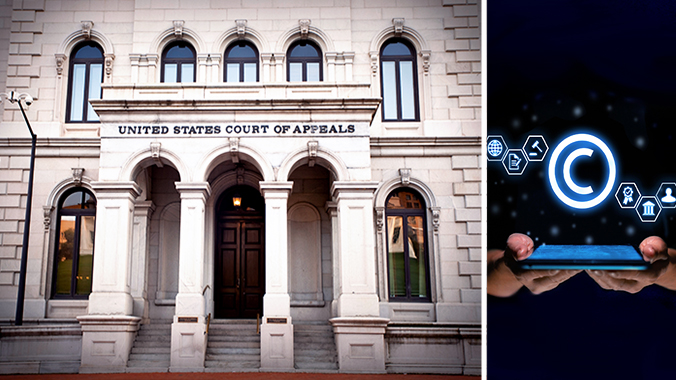

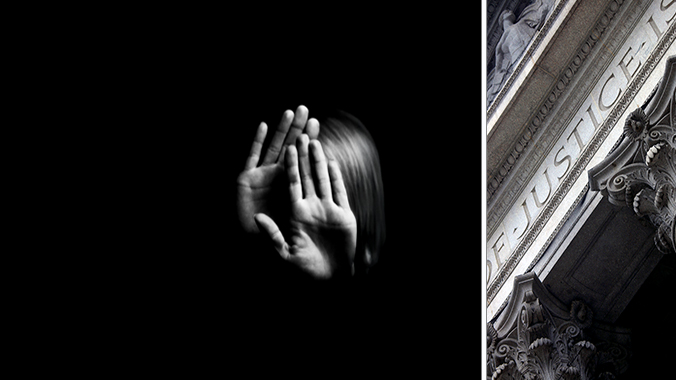









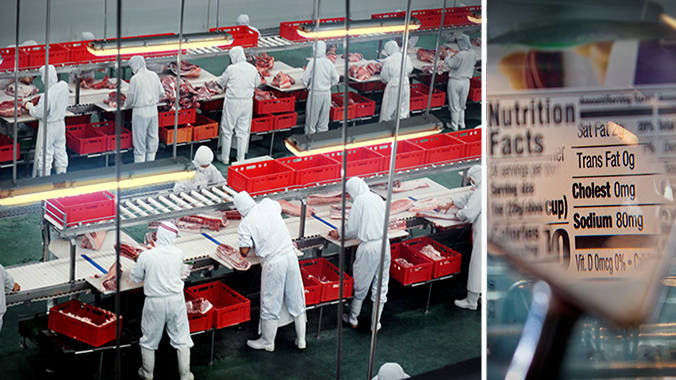


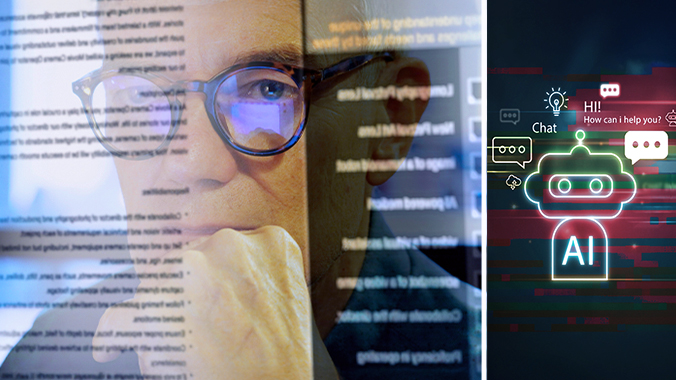

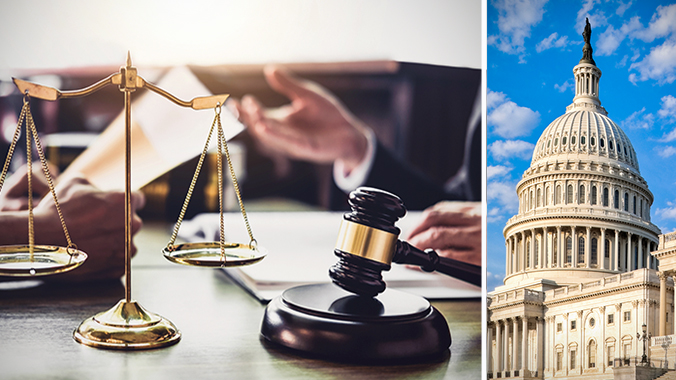
![5th Annual Tax Rep Summit [3-Day Event] (Presented by Tax Rep)](https://taxrepcle.com/wp-content/uploads/2025/10/Product_img_-5th-Annual-Tax-Rep-Summit.jpg)








